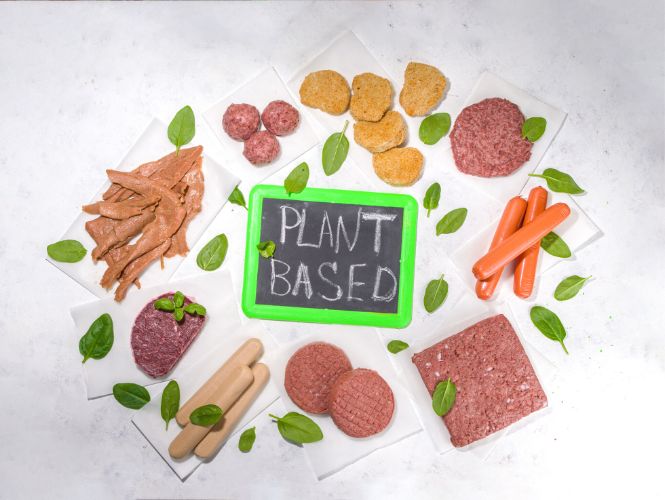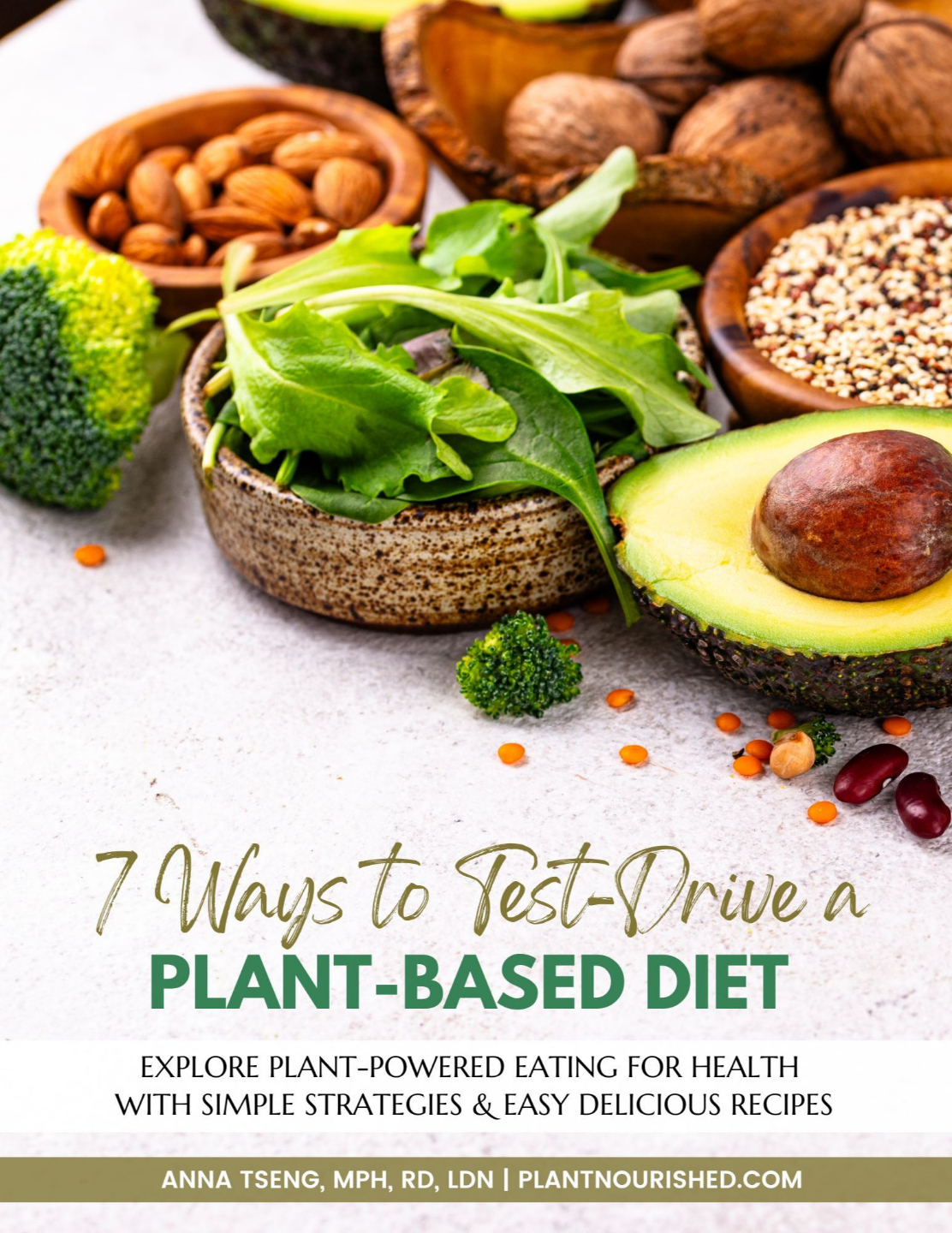The BEST Plant-Based Foods To Eat for Health
Jan 06, 2023
With new plant-based and vegan commercial foods coming onto the market nearly every day, there are seemingly endless options to choose from if you are a new or established plant-based eater. Yet, an important distinction must be made amongst these plant-based food options, if you are truly vested in improving your health. This article will show you which plant-based foods are the best to focus on for health and why, so you can be smart in discerning and picking the right foods to eat on a regular basis.
How Do You Want to Live?
No matter how you’ve been eating, it’s NOT too late to make a change toward a plant-powered lifestyle. Especially if it can bring potentially powerful health benefits! Large-scale long-term studies show that those on vegan or plant-based diets tend to:
- Enjoy healthier weights
- Have a longer life expectancy from a lower risk of all-cause mortality
- Less frequently experience cancers like breast cancer, bowel cancer and prostate cancer
- Have less risk of strokes, heart attacks and other heart problems
- Have less insulin resistance and blood sugar problems
- Experience lower cholesterol and blood pressure
- Have a healthier gut microbiome with less gut issues
Seeing these potential benefits, what’s not to like about plant-based eating?
Not All Plant-Based Diets are Created Equal
But take a closer look at some of these studies, and you’ll find that the study findings varied significantly depending on the type of plant-based diet that study subjects were on. In the best-designed studies, the types of plant-based foods eaten by participants were recorded and analyzed, then categorized and differentiated by means of a plant-based diet index.
Not surprisingly, the higher the quality of a plant-based diet, the more pronounced the positive health outcomes. So not all vegan or plant-based diets are created equal – there IS a difference!
Invest in a Healthy High-Quality Plant-Based Diet

So what exactly is a healthy, high-quality plant-based diet – one that is best for our health? It includes centering our meals around minimally processed and unprocessed whole plant-based foods such as fruits, vegetables, whole grains, legumes, nuts, seeds, mushrooms and other fungi. These are the MOST naturally nutrient-packed foods our bodies can enjoy – filled with nutrients such as vitamins, minerals, fiber, protein, polyphenols, and other phytochemicals that not only nourish our bodies but help prevent and fight diseases.
The Problem with Processed Foods (even Vegan Ones)
Walk into any grocery store though and you’ll likely see – in addition to the fresh produce section – plenty of vegan commercial products on store shelves and in the freezer section, all fighting for your attention. These include cookies, snacks, plant-based burger patties, “chicken” nuggets, other meat alternatives, vegan chips, vegan margarine, vegan cheeses and other non-dairy alternatives. While this is helpful in providing many non-meat alternatives for the consumer, it can also feel overwhelming and confusing to a new plant-based eater trying to figure out the best foods for health.

While some processed plant-based products (e.g. organic fortified soy milk, vitamin B12-fortified nutritional yeast) are beneficial to consume, most highly processed vegan commercial products tend to be expensive and are not that healthful to consume over the long run. Here are a few key reasons why:
- The greater the extent a whole plant-based food gets processed (to be turned into a commercial product), the more beneficial nutrients are invariably lost in the manufacturing process.
- Although in some cases processed food is enriched (meaning some original nutrients are added back to the food), these are select nutrients and will never compensate for ALL the nutrients and bioactive compounds found in the original food.
- Often (unfortunately), to mimic or create the same mouthfeel or characteristics as an animal-based product, ingredients are added to create processed food items that are not the most healthful. These can include ingredients such as lots of coconut oil (e.g., to create the same meltability effect as dairy cheeses), palm oil, coconut cream, powdered sugar, carrageenan, and partially hydrogenated oils.
- Processed commercial vegan food items can be just as high (and sometimes more, depending on the specific brand and product) in sugar, calories, sodium, total fat, saturated fat or as empty of nutrients as comparable animal-based protein products.
So here's my recommendation – If you want to use commercially processed vegan products, treat them as short-term ‘transition foods’ to help you and/or your family move away from animal-based protein products. Then, in your plant-based journey, aim to incorporate an increasing variety of legumes, fruits, vegetables, whole grains and other whole plant-based foods. The overall goal should be to gradually move as close to 100% of your foods being minimally processed and unprocessed whole plant-based foods as possible.
Need More Guidance and Support?
If you’re just starting on a plant-based diet and need more guidance on which foods and ingredients to stock your kitchen with, make sure to download this Free Quick Start Grocery Guide for Plant-Based Essentials. This free resource comes with a recommended one-page grocery list, money-and time-saving shopping tips and easy starter meal recipes!



